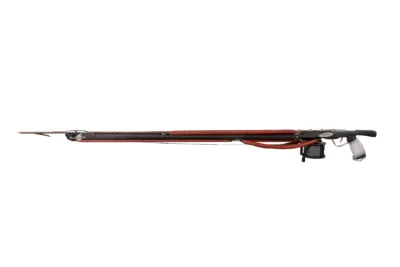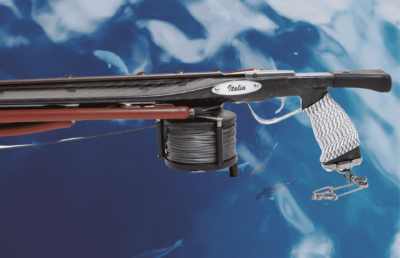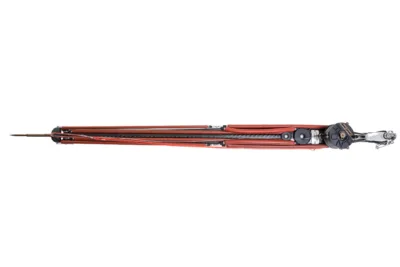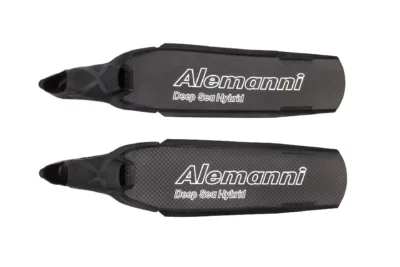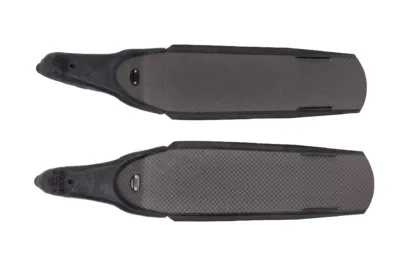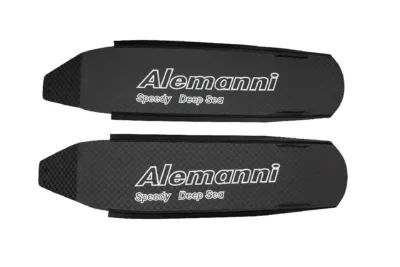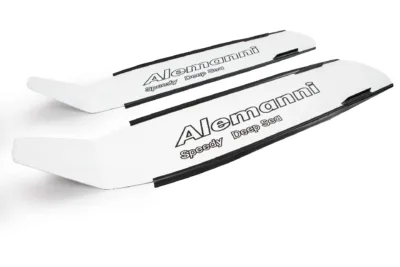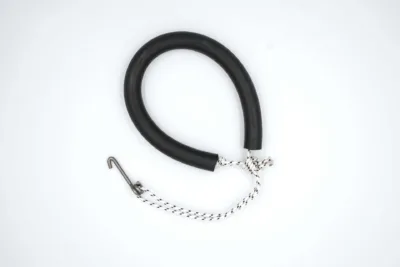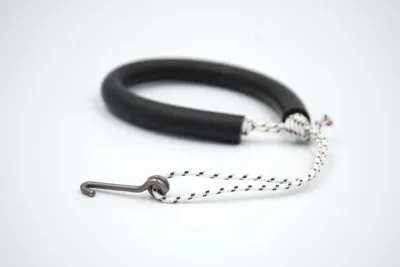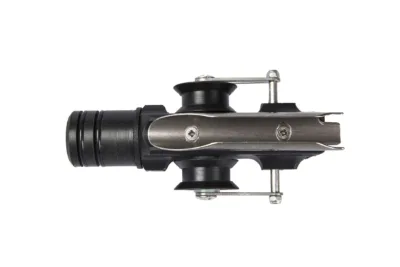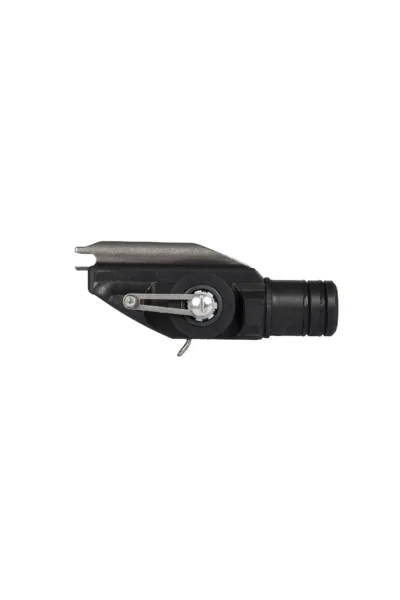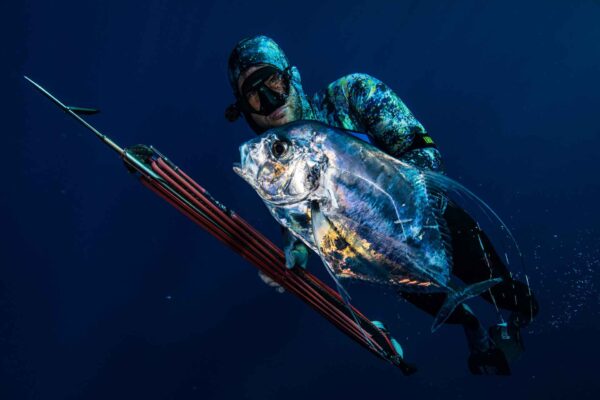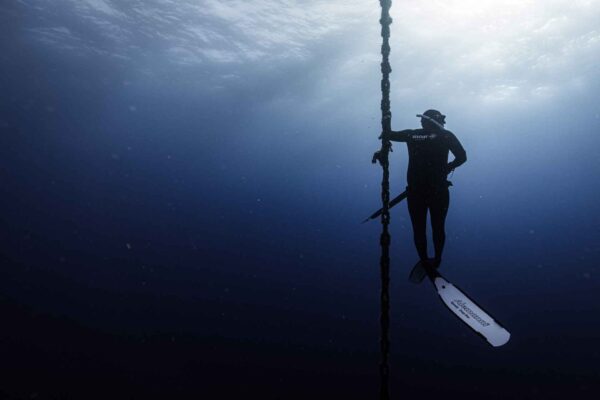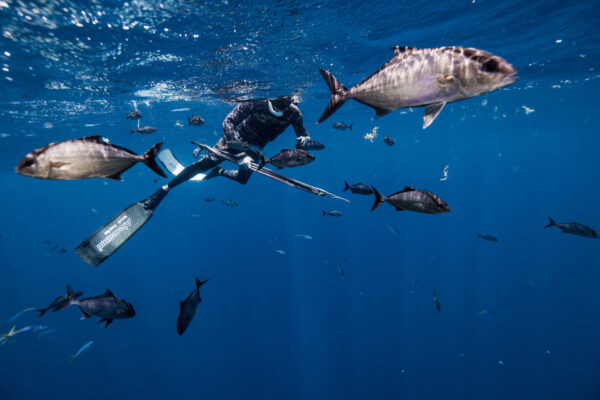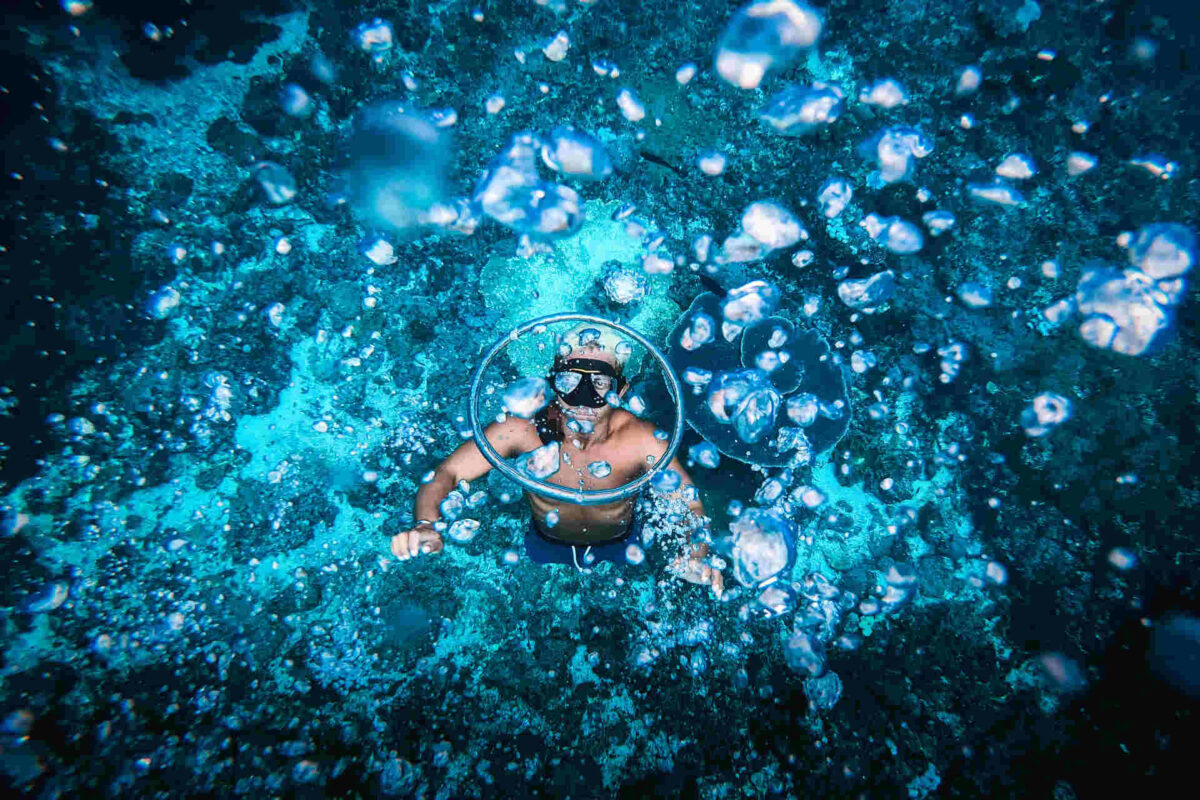Spearfishing and cooking
The freediving fisherman's diet
The freediving fisherman's diet
Facing a day at sea requires the right preparation, from a physical and mental point of view. There spearfishing in apnea, in particular, is an activity that requires a lot of energy and which can be decisively influenced bysupply.
The foods and drinks consumed before a spearfishing trip can affect the ability to keep the breath and the ability to maintain the buoyancy underwater, and the effect of the diet is seen even days after the dive.
Nutrition and spearfishing: the basics
La Spearfishing it is an activity that requires a lot of energy, especially when it lasts throughout the day. Diving, swimming towards the seabed, loading the speargun, returning to the surface with the harpooned prey are very expensive activities for the organism, which involve all the muscles and involve a significant fluid loss.
The underwater effort, which for more experienced fishermen also includes the effects of prolonged apnea, also occurs in non-ordinary environmental conditions: underwater, the organism is subjected to hydrostatic pressure, which affects the action of the muscles but also on the metabolism, which to adapt the blood pressure to the environment increases the renal function - causing dehydration.
Furthermore, freediving also requires more specifically athletic performances, ranging from keep the breath the ability to stabilize one's buoyancy in the water. Yet, many of those who practice it regularly do so on a recreational level, therefore without having a nutritionist responsible for their diet available.
How to know then what to eat before a spearfishing trip? Within the limits of the individual characteristics of individual freedivers, which must be evaluated case by case, there are some rules shared by a large part of the community, which have made their way over the years as basic principles of nutrition for freediving.
Nutrition before and after freediving
The nutritional aspect does not only involve the athletic performances of the freediver, but it also affects the chances of having problems in the water, such as cramps and low blood sugar levels. Furthermore, the right diet is essential after diving, to allow the body to recover after effort and not remain in deficit.
Above all, however, correct nutrition allows the diver to have sufficient energy reserves to dive, tinker with the speargun and remain in apnea for as long as necessary to capture the prey.
The first advice shared by the experts, therefore, is to prefer very energetic foods, immediately available and easy to digest: carbohydrates. Bread, plain pasta, dry biscuits and rusks - preferably lightly processed and without added sugar - are the most suitable ingredients for meals before diving. Jams, olive oil, honey, yogurt and fruit (especially apples and pears) are the ideal accompaniment.
To balance carbohydrates and fatsSpeaking of energy, it is essential both before the dive and after the fishing trip. The advice is to prepare for underwater activity with a diet decidedly unbalanced towards carbohydrates and catch up for dinner integrating salts, vitamins and proteins.
In five hours of spearfishing you can also consume them 3.000 Kcal, and you also lose fluids and electrolytes like sodium and potassium, which can be easily replenished at the end of the day with apricots, bananas, prunes or lentils.
Foods to avoid before freediving
I foods to avoid as you approach a freediving fishing trip are those that can influence your ability to hold your breath and that can stimulate the onset of problems during diving (from gastric reflux to cramps).
The two things to keep under control are the excessive mucus production, which complicates breathing quite a bit and It doesn't help compensation, he inflammatory states, which can impact the ability to balance the pressure of the ears and paranasal sinuses.
Before freediving, all foods that cause acidity should therefore be avoided, but also:
- dairy product: these are the foods that most stimulate the production of mucus, cause inflammation and can lead to intestinal problems;
- sugars and very refined products, which can stimulate the onset of an inflammatory state;
- red meat and processed meat: they should only be consumed in combination with foods that aid digestion, such as apples, pears and green leafy vegetables;
- alcohol and coffee, the couple that cannot be missing from the list of things to avoid;
- Omega 6 fatty acids, which are found in seed oils;
- particularly fatty foods, such as Fried and junk food (which often also contains monosodium glutamate).
even the gluten It is one of the foods that stimulate mucus production and inflammatory states. It is found in practically all carbohydrates that come to mind (except rice and potatoes), so it's more complicated to plan two completely gluten-free pre-freediving meals, but the difference could be surprising.



